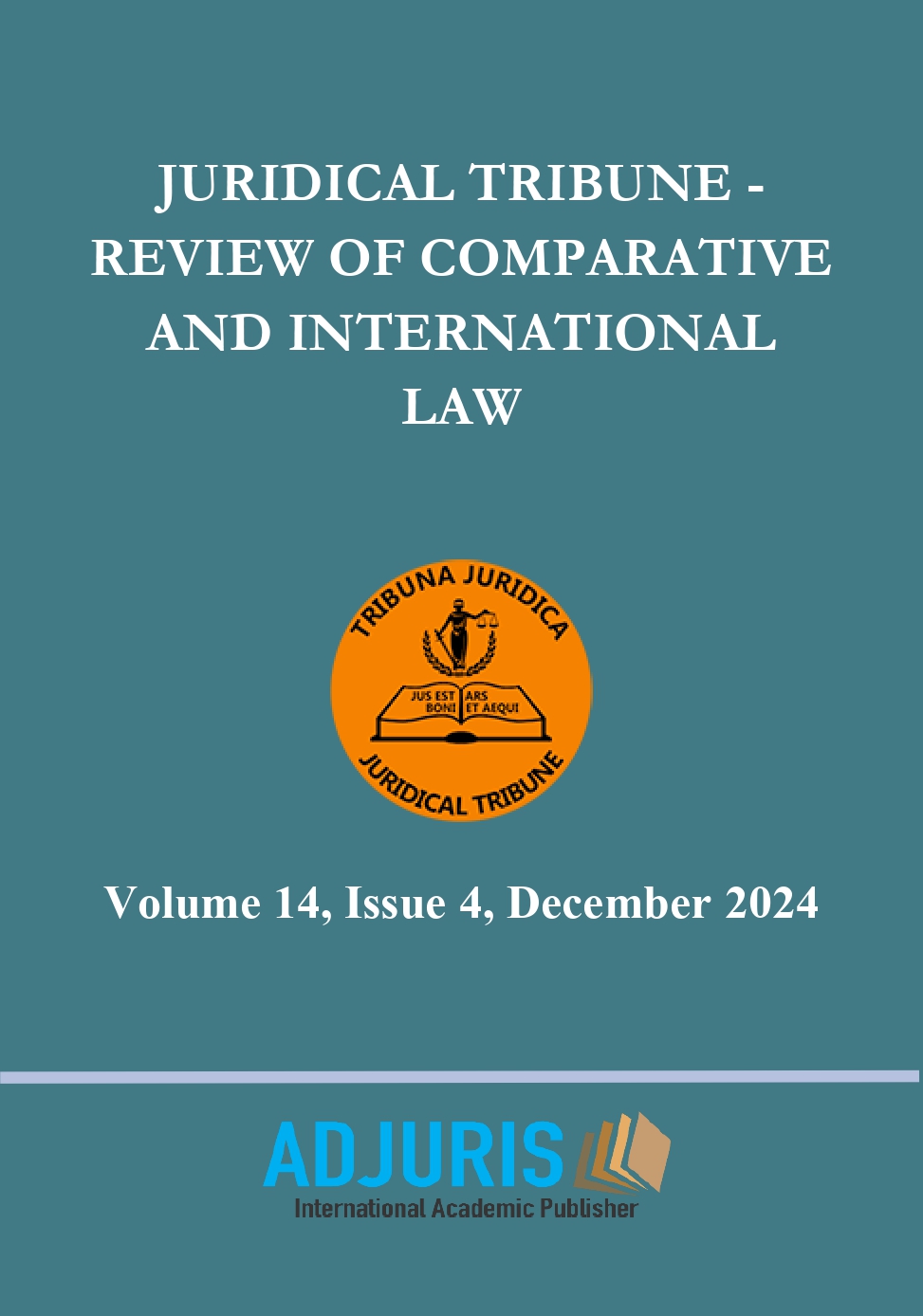Fundamental Rights Within the European Arrest Warrant
Fundamental Rights Within the European Arrest Warrant
Author(s): Cristinel Ghigheci, Vlad Neagoe, Roxana Matefi, Diana-Geanina IonaşSubject(s): Law, Constitution, Jurisprudence, Criminal Law, EU-Legislation
Published by: ADJURIS – International Academic Publisher
Keywords: European arrest warrant; human rights; fair trial; conditions of detention;
Summary/Abstract: The mechanism of the surrender of wanted persons on the territory of the Europen Union experienced a natural evolution over time with the construction of European integration and the development of the area of freedom, security and justice. Starting from the traditional difficult extradition procedures in which the political factor was decisive, it was now established a judicial procedure under the jurisdiction of independent and impartial courts, in which only legal criteria are intended to be applicable, with the total exclusion of political decision-makers. Given that the European Arrest Warrant (EAW) is based on mutual trust between the judicial authorities of the member states, it works in the vast majority of cases. However, the principle of mutual trust between member states is not an absolute one and has encountered some limitations, allowing the refusal to execute the European arrest warrant in certain situations, in which the concrete violation of the right to a fair trial or the suffering of degrading and inhumane treatments would be found.
Journal: Juridical Tribune - Review of Comparative and International Law
- Issue Year: 14/2024
- Issue No: 4
- Page Range: 584-603
- Page Count: 20
- Language: English

